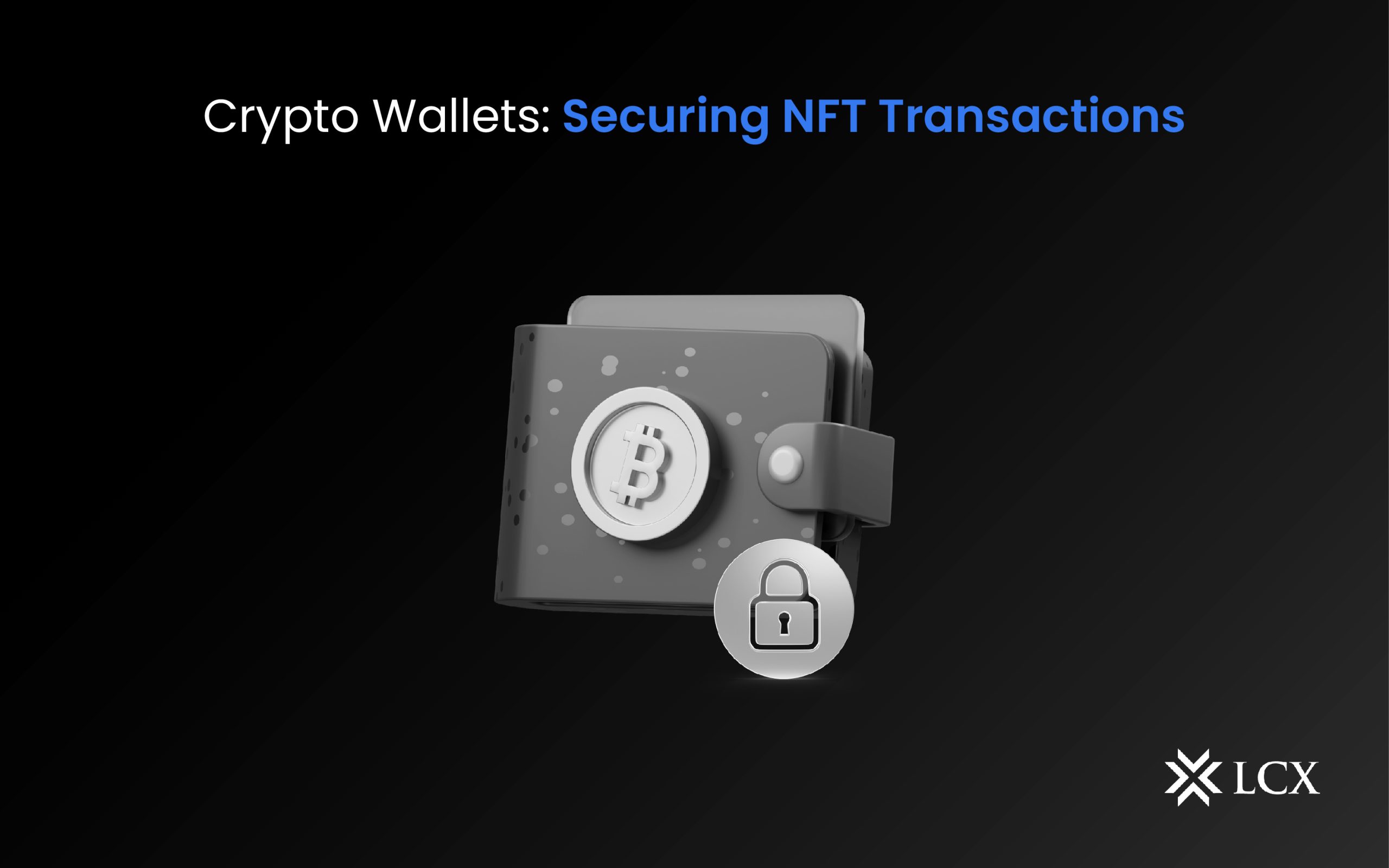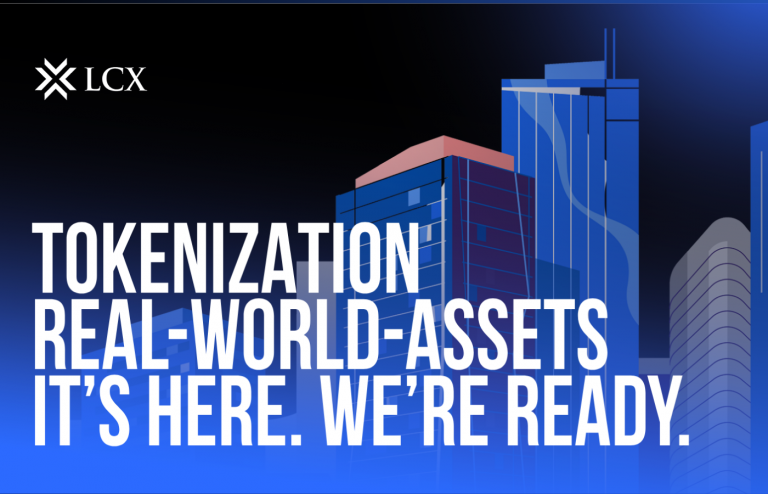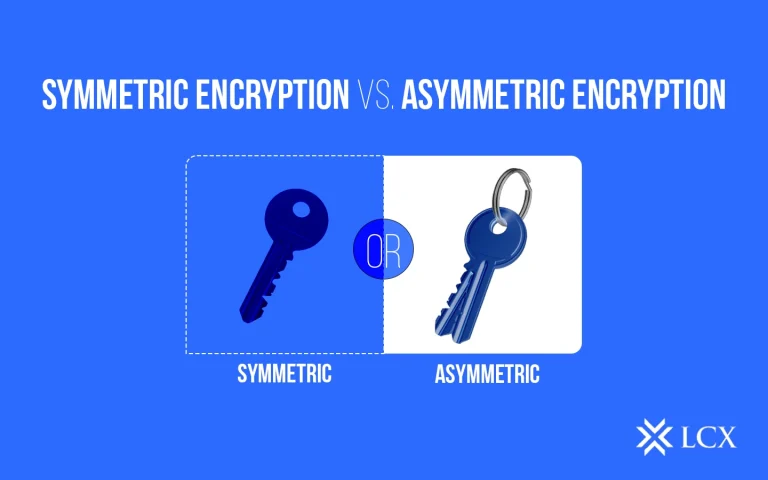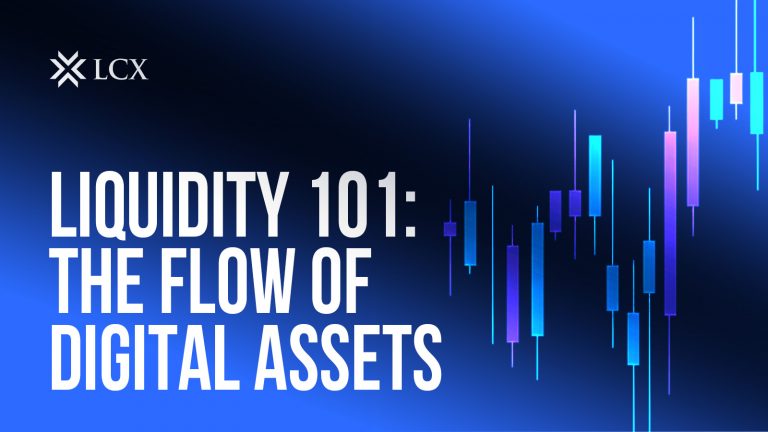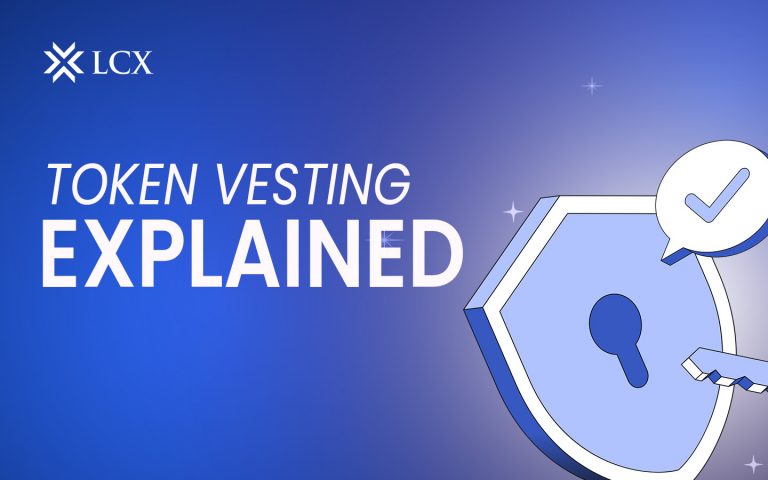Notable trades of digital assets and artwork worth millions of dollars have made NFTs the topic of conversation in the crypto community. As the prevalence of NFTs rises, so does the demand for secure and dependable crypto wallets that support these specialized assets. An NFT wallet is a digital currency wallet that enables the blockchain protocol on which NFTs are based. It additionally has to back the currency used to purchase NFTs.
As the vast majority of NFTs utilize the Ethereum blockchain, the vast majority of Ethereum wallets will function. However, certain wallets stand out from the rest. Here is a rundown of the finest NFT wallets and what to look for when selecting one.
MetaMask
Metamask is one of the most popular crypto wallets available on the market. Its browser extension provides simple, one-click access to Web3 sites such as NFT marketplaces. Metamask also makes it simple to set up several addresses, allowing users to hold their NFTs at an independent address from their cryptocurrency or set up a separate address for all NFT transactions.
Metamask includes a feature for exchanging currencies in order to purchase an NFT. Users can also limit the fees they pay, but there is a chance that a transaction will fail. Metamask provides support for various other platforms if they need to utilize a different blockchain.
Mathematics Wallet
Math Wallet is one of the most prominent wallets, supporting over 70 blockchains. The wallet provides users with an extensive and efficient platform for trading, managing, purchasing, selling, and cashing out NFTs, among other features.
Math Wallet’s desktop and mobile versions offer seamless synchronization across all devices, and its integration of multiple hardware wallets makes it simple to manage and access multiple addresses.
Enjin Wallet
Enjin Wallet is an ideal choice for users seeking a single platform to administer their cryptocurrencies and non-fungible tokens. The wallet offers a user-friendly interface for trading, accumulating, and exchanging digital assets. In addition, it features a built-in exchange to facilitate swift and effortless NFT transactions. Users can establish multiple accounts tailored to their specific requirements, such as managing their daily expenses or playing blockchain-based games. Additionally, the wallet permits users to incorporate their existing wallets. It is also compatible with Ledger and Trezor hardware wallets.
Alpla Wallet
AlphaWallet is an open-source mobile-only cryptocurrency client designed specifically for Ethereum-based NFTs. interface is straightforward and beginner-friendly, with a section dedicated to NFTs and gaming tokens. Additionally, AlphaWallet enables users to add meta tags to their tokens to facilitate search. Several NFT markets and blockchain games, including OpenSea, CryptoKitties, Dragonereum, and ChainZ Arena, are compatible with the wallet. In addition, it includes a dApp browser for accessing DeFi applications such as Compound.
What to consider when picking the most suitable Crypto Wallets Available?
The most essential characteristics to consider when selecting an NFT wallet are:
Compatible with the NFT marketplaces: The accessibility of the NFT marketplaces from which the user intends to purchase NFTs and if it isn’t supporting those NFT transactions, they won’t be able to purchase the desired NFTs, so it’s not a possibility.
Safety: NFTs can range in value from thousands to millions of dollars. The users desire the highest level of security conceivable on a platform that is simple to comprehend. With a top-notch UI, trading and buying NFTs will be effortless.
Cross-device usage: Being able to access NFTs on both a desktop computer and a mobile device can be useful for NFT holders.
Multiple-chain support facility: While the majority of NFTs exist on the Ethereum blockchain, a number of other platforms support NFTs as well. In order for users to have easy access to the widest possible variety of NFTs, crypto wallets will need to be compatible with multiple different blockchains.
The Significance of Using a Crypto Wallet
A Crypto wallet operates differently than a tangible wallet. Users’ wallets do not store genuine NFTs or cryptocurrencies. Instead, it grants access to the blockchain-stored assets. It accomplishes this by assigning a private key to the address, allowing the proprietor of the wallet to authorize NFT transactions. If users possess the private key, they effectively own the contents of the given address.
Crypto wallets will handle all the technical details and provide a user-friendly interface for NFT transactions or cryptocurrency trading. In addition, it offers enhanced security with two-factor authentication and a convenient way to trace their assets across multiple devices.
